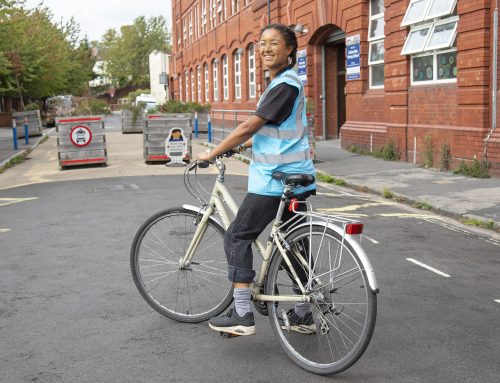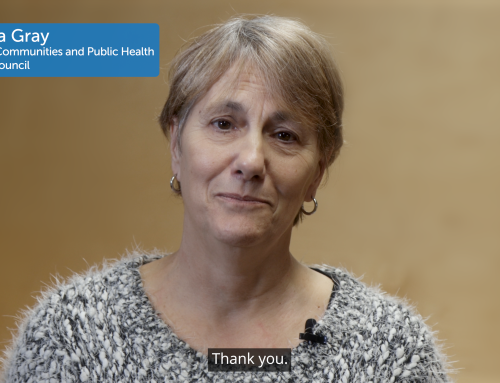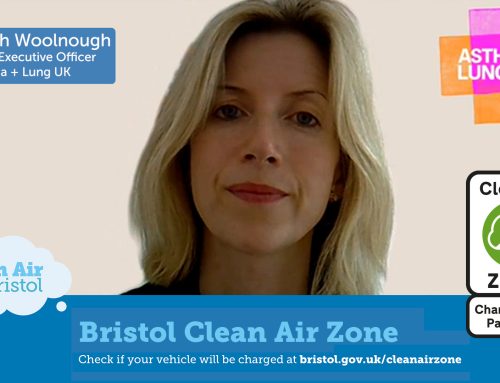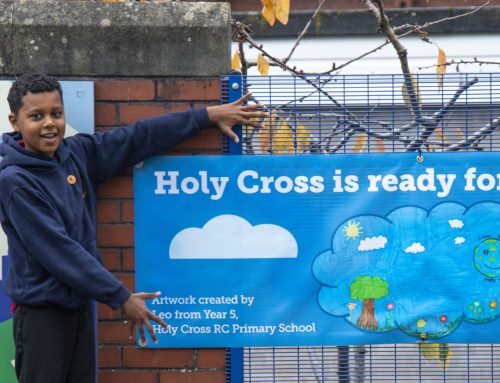Plans are progressing to help residents and businesses play their part improving air quality and transforming how people travel in Bristol.
Tuesday 7 September marks International Day of Clean Air for blue skies and Mayor Marvin Rees has revealed further details about Bristol City Council’s plans for a Clean Air Zone that will help reduce pollution by supporting people to switch to cleaner ways of travelling. The zone will be introduced in summer 2022.
Support for residents and businesses
Government approval for the Clean Air Zone is expected soon. Once formally approved it will trigger a £45m support package to help all residents and businesses play their part.
This includes specific support for low-income earners to help them switch to a cleaner vehicle. Free electric bike loans, cycle training, free bus tickets, discounted car club membership and support to buy electric cars will also be available to encourage more people to travel using cleaner more sustainable transport.
The zone is estimated to deliver compliance with legal limits for pollution by 2023, five years earlier than previous proposals. The council has worked with city partners, including public health experts, to assess the impact of pollution caused by traffic. This has influenced the council’s commitment to introduce one of the most wide-reaching Clean Air Zones in England because it will charge more polluting vehicles than other zones.
Creating a healthier city
As well as the Clean Air Zone, the council is committed to creating a healthier city by making it easier for people to do more journeys by public transport, walking and cycling.
Mayor Rees said the financial support being offered means even the most vulnerable and people on low incomes will be able to play their part.
He said: “The Clean Air Zone and our ongoing and long-term transport improvements will help us create a healthier city. The Clean Air Zone is coming next summer but there are actions we can all take now that will make a difference. By walking, cycling and using public transport more, we can make our city a healthier place for everyone.
“In the autumn we will confirm full details of the extensive support we’re providing to residents and businesses to get ready for the Clean Air Zone. We will be making sure less wealthy individuals and the most vulnerable are financially supported and prepared for the introduction of the zone.
“We’ve seen the benefits of recent changes, such as the closure of Bristol Bridge to traffic which reduced pollution and improved bus journey times. The Clean Air Zone and our ongoing plans demonstrate our commitment to reduce harmful pollution by increasing sustainable transport use for more journeys in line with leading liveable cities around the world.”
Ongoing and long-term initiatives that will reduce pollution include:
• Making temporary COVID-19 walking and cycling changes permanent
• Installing electric vehicle charge points and accelerating the purchase of electric vehicles through the £7m Go Ultra Low West project
• Supporting businesses to switch to greener ways of transporting goods with 95% of all city centre deliveries made by zero-emission vehicles within 10 years
• Building new Park and Ride sites and expanding existing sites
• Introducing new rapid bus routes so that buses can flow easily in and out of the city centre
• A mass transit public transport system on overground and underground lines
• Improving Metrobus and local rail services with new stops and new rail stations
• Ongoing walking and cycling improvements on priority routes and local high streets
Christina Gray, Director of Public Health for Bristol said: “The majority of external air pollution comes from traffic. It affects everyone in Bristol, especially children, older people and those with heart, breathing and underlying health conditions.
“We don’t have to wait for the Clean Air Zone to make small changes to improve the air we breathe. Walking and cycling and avoiding car use for short journeys is good for both physical and mental health as well as improving air quality.”






